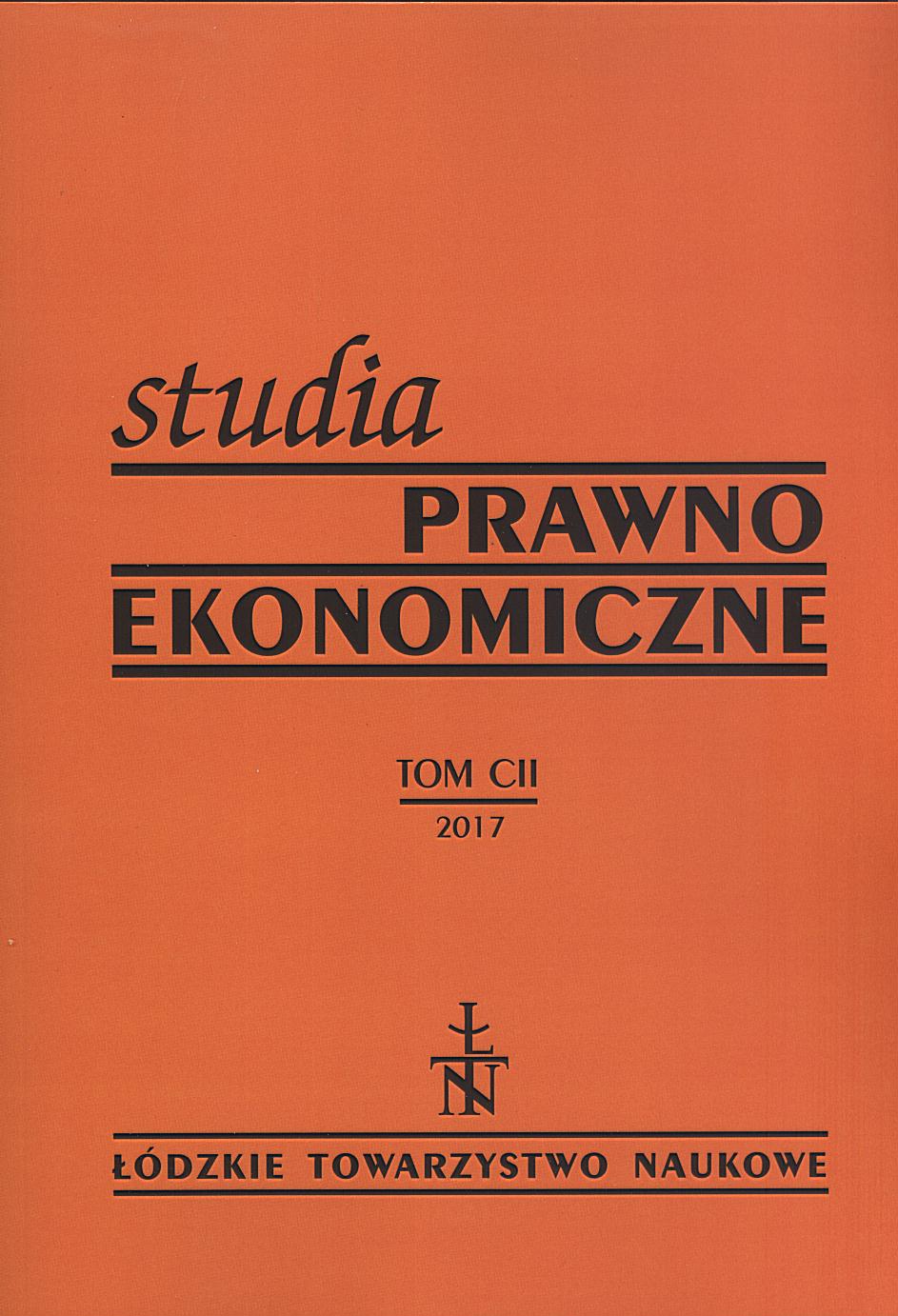Polityka Unii Europejskiej w zakresie świadczenia usługi roamingu regulowanego w telefonicznych sieciach ruchomych
The European Union’s Policy in the Field of Regulated Roaming in Mobile Telecommunication
Author(s): Krzysztof KrzystekSubject(s): Civil Law, Law on Economics, EU-Accession / EU-DEvelopment
Published by: Łódzkie Towarzystwo Naukowe
Keywords: roaming; mobile telecommunications; European Union
Summary/Abstract: The additional cost of roaming is one of the last “borders” Europeans have to face when traveling across Europe. Because the existence of this extra fee hinders business and development of the Common Market, the European Union has been actively regulating this matter in order to reduce the prices. In accordance with the most recent Regulation 2015/2120, starting from June 15th 2017 mobile operators will not be allowed to charge any extra fees for roaming within the Union, save for the “fair use clause”. Apart from the obvious result of lowering the costs for clients, this type of interference has other consequences for the market of mobile telecommunications. The elimination of the extra profit earned on roaming makes international mergers less attractive for European operators. Previously, merged entities could benefit from additional income and, akin to vertically integrated companies, could avoid double marginalization, inefficient substitution and take advantage of better coordination. However, the Europ an Union wanted to reduce the prices paid by customers while at the same time preserving regional, national operators and preventing biggest multinational companies from offering pan-European services. This policy has significantly reduced the revenue of European operators, which can have a negative impact on the introduction of new technology in electronic communication, thus slowing down development. The European Commission has to be aware of all the possible consequences of its policy in order to avoid the potential pitfalls that may occur in the future.
Journal: Studia Prawno-Ekonomiczne
- Issue Year: 2017
- Issue No: 102
- Page Range: 53-67
- Page Count: 15
- Language: Polish

